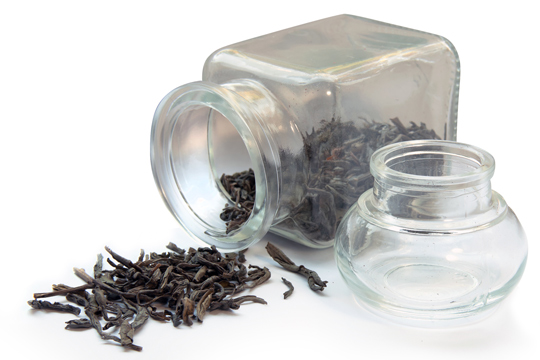
Reducing Food Waste in Foodservice
October 16, 2018 by Doreen Garelick, Dietetic Intern
Our intern Doreen attended a food waste summit for restaurants and compiled these tips to help food service operators redirect…
Nutrition 101
August 14, 2012

Culinary Nutritionist Andrea Canada gives her view on artificial sweeteners, their effects on the palate and suggests a few healthy alternatives.
Check out the beverage aisles of the grocery store and you’ll notice a colorful array of drinks including sodas, flavored fruit drinks and milks, sports drinks, sweetened tea and coffee drinks, energy drinks…the variety of available beverages already seems endless and I see new choices all the time. Many of these drinks are sweetened with added sugars, which I wrote about last week. In fact, sugar-sweetened beverages like these make up nearly 50% of the added sugar in Americans’ diets, so this seems like a logical place to start if you want to reduce the amount of added sugar in your diet. So what are some good alternatives to these sugar-sweetened beverages?
The obvious answer may seem to be the low or zero-calorie "diet" version of these drinks that are sweetened with artificial sweeteners like aspartame, sucralose, acesulfame potassium, or saccharin (among others - check the Nutrition Facts label!). These ultra-sweet chemicals have been studied for years to determine if they are safe for us to consume in reasonable quantities - however most research has failed to prove a causal link between "diet" drinks and serious health issues. That’s not to say that a link doesn't exist, but maybe that more research needs to be carried out. This research is also typically carried out on adults rather than children, so it doesn’t really address how children may respond to these additives.
Serious health concerns aside, I think another reason to avoid artificially sweetened beverages is to train your palate to appreciate a lower level of sweetness. Humans are generally wired to like things that taste sweet - even breast milk tastes a little sweet. Bombarding your taste buds with artificially sweetened beverages can potentially train your palate to expect a dose of sweetness in everything that passes through your mouth, making it harder to appreciate other flavors.
So, back to those alternatives…
Try quenching your thirst with unsweetened green, black or herbal tea, or mate (a South American tea-like drink). You can make a pitcher at a time and keep it chilled in your fridge so it’s ready to go when you’re thirsty. Seltzer (make sure there is no added sugar or artificial sweeteners) and sparkling or still water are also simple choices and you can increase flavor by adding a wedge of fresh citrus fruit or a sprig of a favorite herb like mint. A tip I follow is to watch for when lemons and limes go on sale, buy a bunch and then freeze the fresh lemon or lime juice in small ice cube trays. Store the cubes in freezer bags and use a few at a time to flavor (and chill) your seltzer or iced tea.

October 16, 2018 by Doreen Garelick, Dietetic Intern
Our intern Doreen attended a food waste summit for restaurants and compiled these tips to help food service operators redirect food waste from landfills.
Nutrition 101

Nutrition 101
September 26, 2018 by Doreen Garelick, Dietetic Intern
Ever notice headlines about rapid weightloss? Dietetic Intern Doreen Garelick looks deeper into a recent eye-catching headline to see if there's any truth behind it.
Connect
 Follow us on Twitter
Follow us on Twitter Friend us on Facebook
Friend us on Facebook Follow us on Pinterest
Follow us on Pinterest Follow us on Instagram
Follow us on Instagram Read our Blog
Read our Blog Watch videos on YouTube
Watch videos on YouTube Watch videos on Vimeo
Watch videos on Vimeo Connect with us on Linkedin
Connect with us on Linkedin Find us on Foursquare
Find us on Foursquare
Tweets by @SPEcertifiedBlog Search
Categories
SPE Certified Newsletter
Sign up for news on the latest SPE-certified venues, events and SPE updates.
We will never share your personal information with a third party.